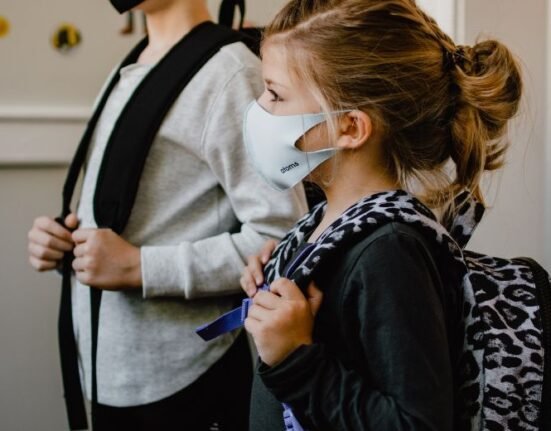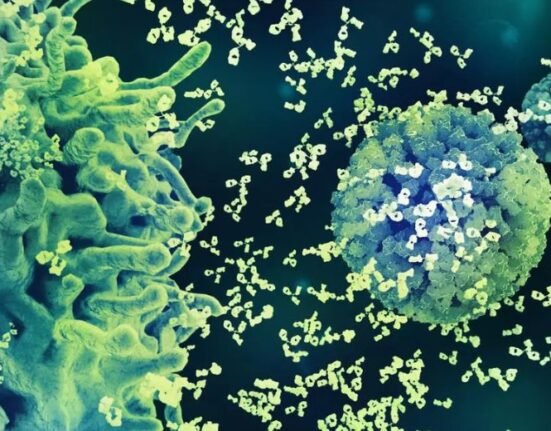HQ Team
March 4, 2023: The WHO urged nations to come forward with information regarding the origins of the COVID-19 virus and not play “geopolitical football” as it may hamper efforts to pinpoint the birthplace of the disease.
“If any country has information about the pandemic’s origins, it is essential for that information to be shared with WHO and the international scientific community,” WHO director-general Tedros Adhanom Ghebreyesus said.
Information sharing was “not to apportion blame but to advance our understanding of how this pandemic started, so we can prevent, prepare for and respond to future epidemics and pandemics.”
The virus has claimed the lives of about 6.8 million people globally.
On December 31, 2019, the WHO’s country office in the People’s Republic of China picked up a media statement by the Wuhan municipal health commission from their website on cases of ‘viral pneumonia’ in Wuhan, People’s Republic of China.
Epidemic Intelligence
WHO’s Epidemic Intelligence from Open Sources (EIOS) platform also picked up a media report on ProMED (a programme of the International Society for Infectious Diseases) about the same cluster of cases of “pneumonia of unknown cause” in Wuhan.
The WHO requested information on the reported cluster of atypical pneumonia cases in Wuhan from the Chinese authorities.
On January 5, 2022, the WHO issued its first Disease Outbreak News report. Five days later, the WHO reported that Chinese authorities had determined that a novel coronavirus caused the outbreak.
Later on January 21, 2020, the US reported its first confirmed case of the novel coronavirus. Mr Terdros met with President Xi Jinping seven days later and discussed continued collaboration on containment measures in Wuhan.
In November of the same year, the WHO updated member states on its research into the virus’s origins, including a status update on the international team’s membership and worked with their Chinese counterparts.
Thirteen scientists
Thirteen scientists from the international Virus Origins Mission team, WHO and OIE examining the virus origins that causes COVID-19 arrived in Wuhan on January 14, 2021.
“Over the past few days, there has been renewed attention on the origins of the COVID-19 pandemic,” Mr Tedros said in a March 3, 2023 statement.
“I wish to be very clear that WHO has not abandoned any plans to identify the origins of the COVID-19 pandemic, contrary to recent media reports and comments by politicians.”
The WHO has termed a “lab-leak” theory that the virus originated from a lab in Wuhan, as some US officials claim, “extremely unlikely.” China has accused the US of “political manipulation.”
In 2021, WHO established the Scientific Advisory Group for the Origins of Novel Pathogens, or SAGO.
Eliminate hypotheses
In its report last year, SAGO identified critical studies that must be done in China and elsewhere to verify or eliminate the various hypotheses for the origins of the COVID-19 pandemic.
“WHO continues to call for China to be transparent in sharing data, and to conduct the necessary investigations and share the results,” Mr Tedros said.
“To that effect, I have written to, and spoken with, high-level Chinese leaders on multiple occasions, as recently as just a few weeks ago. Until then, all hypotheses on the virus’s origins remain on the table.”
At the same time, “the continued politicisation of the origins research has turned what should be a purely scientific process into a geopolitical football, making identifying the origins more difficult.
“And that makes the world less safe.
“Understanding the origins of the COVID-19 pandemic remains a scientific imperative to inform measures to prevent future epidemics and pandemics, and a moral imperative, for the sake of the millions of people and their families who have lost their lives to COVID-19, and those who continue to live with post-COVID-19 condition.”








